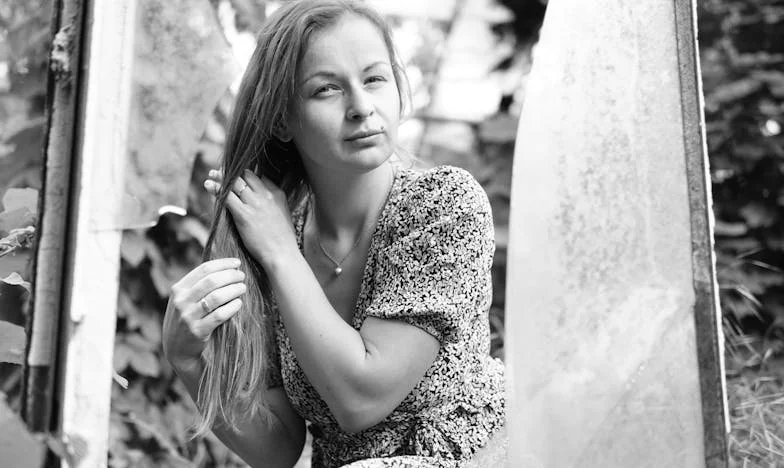From Resentment to Reconciliation: “Why I Chose to Help My Husband’s Mother”
For two decades, I had been married to Tom, a man whose love and companionship had been the cornerstone of my life. We built a life together, raising two wonderful children and navigating the ups and downs that life threw our way. However, there was one constant source of tension in our marriage: Tom’s mother, Margaret.
Margaret was a woman who had always kept her distance. She lived just a few towns over, yet she rarely visited or offered any support, whether emotional or financial. During the early years of our marriage, when we were struggling to make ends meet, her absence was particularly felt. I often wondered why she chose to remain so detached from her son’s life.
As the years went by, my resentment towards Margaret grew. I couldn’t understand how a mother could be so indifferent to her child’s struggles. Tom, ever the peacemaker, would often remind me that his mother had her reasons, but he never elaborated. I respected his wishes and kept my distance.
Then, one winter evening, everything changed. We received a call from a neighbor informing us that Margaret had suffered a fall and was in the hospital. Despite my feelings towards her, I knew we had to go. Tom was visibly shaken, and I wanted to support him.
When we arrived at the hospital, Margaret looked frail and vulnerable. It was a stark contrast to the strong-willed woman I had always imagined her to be. As Tom spoke with the doctors, I sat by her bedside, unsure of what to say or do.
Over the next few days, as Margaret recovered, I found myself visiting her more often. Initially, it was out of obligation to Tom, but gradually, I began to see a different side of her. She shared stories of her past, revealing a life filled with hardships and loss. Her aloofness began to make sense; it was a shield she had built to protect herself from further pain.
One afternoon, as we sat together in the hospital room, Margaret turned to me with tears in her eyes. “I’m sorry,” she said softly. “I should have been there for you and Tom. I was just so afraid of getting too close and losing everything again.”
Her words struck a chord within me. In that moment, I realized that holding onto resentment was only hurting us both. Margaret wasn’t the villain I had painted her to be; she was simply human, with her own fears and regrets.
When Margaret was discharged from the hospital, Tom and I decided to bring her into our home until she fully recovered. It wasn’t an easy decision, but it felt like the right one. Over time, we began to build a relationship based on understanding and forgiveness.
As the months passed, Margaret became an integral part of our family. She shared in our joys and supported us in our challenges. The walls she had built around herself slowly crumbled, revealing a loving grandmother to our children and a supportive mother-in-law to me.
In helping Margaret, I found healing for myself as well. Letting go of past grievances allowed me to embrace a future filled with love and connection. Our family was stronger for it, and I was grateful for the unexpected turn of events that led us here.
